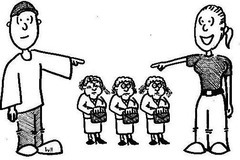French Direct Object Pronouns (all tenses)
5.0(1)
Card Sorting
1/38
Study Analytics
Name | Mastery | Learn | Test | Matching | Spaced |
|---|
No study sessions yet.
39 Terms
1
New cards
nous l'avons regardée
we watched her
2
New cards
ils l'admirent
they admire him
3
New cards
vous me comprenez?
(do) y'all understand me?
4
New cards
il m'aime
he loves me
5
New cards
je t'aime
i love you
6
New cards
il va nous regarder
he is going to watch us
7
New cards
elles ne vont pas nous inviter
they are not going to invite us
8
New cards
je te regarde
i'm watching you
9
New cards
il vous regarde
he's watching you/y'all
10
New cards
il les aime
he likes them
11
New cards
nous les regardons
we are watching them
12
New cards
nous aimons les regarder
we love to watch them
13
New cards
elle vous regarde
she is watching you (all)
14
New cards
je peux vous aider?
can I help you (all) ?
15
New cards
elle nous invite
she is inviting us
16
New cards
il l'invite
he is inviting him/her (you can't tell w/o context)
17
New cards
elle les inviterait
she would invite them
18
New cards
ils les admirent
they admire them
19
New cards
Elle le comprend?
does she understand him?
20
New cards
il la comprend?
does he understand her?
21
New cards
can you (all) help us?
vous pouvez nous aider?
22
New cards
tu comprends ta soeur?
tu la comprends?
23
New cards
Vous avez coupé la carotte?
Vous l'avez coupée?
24
New cards
Why is there an extra "e" at the end of past participles when the verbs used aren't DR & MRS VANDERTRAMP verbs?
DOPs make the past participles agree with them (i.e. if the thing you're referring to and just replaced is feminine, it gets an extra e, if it's plural it gets an s, etc.)
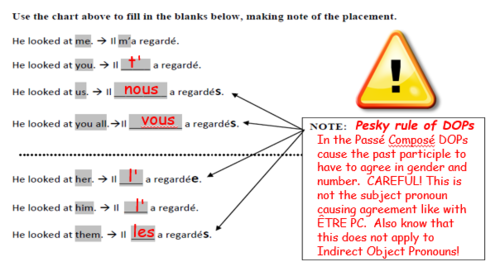
25
New cards
We won't help him?
Nous n'allons pas l'aider?
26
New cards
tu peux les aider?
can you help them?
27
New cards
Watch her!
Regarde-la!
28
New cards
elle regarde à nous. (she's looking at/watching us)
elle nous regarde.
29
New cards
tu comprends tes amis?
tu les comprends?
30
New cards
You love me.
Tu m'aimes.
31
New cards
il l'aime
he loves her
32
New cards
me
me
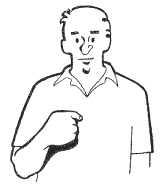
33
New cards
te
you
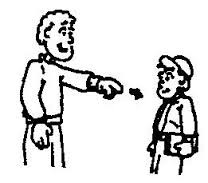
34
New cards
le
him/ it
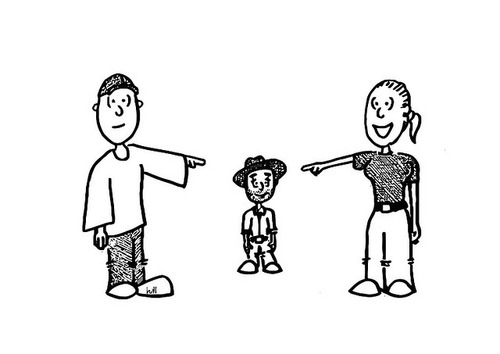
35
New cards
la
her/ it

36
New cards
nous
us

37
New cards
vous
you / y'all (plural, formal)
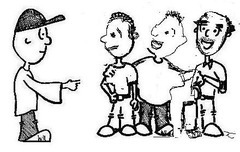
38
New cards
les
them (masc.)
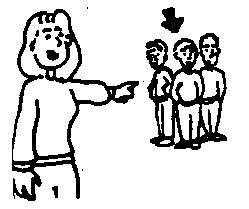
39
New cards
les
them (fem.)
